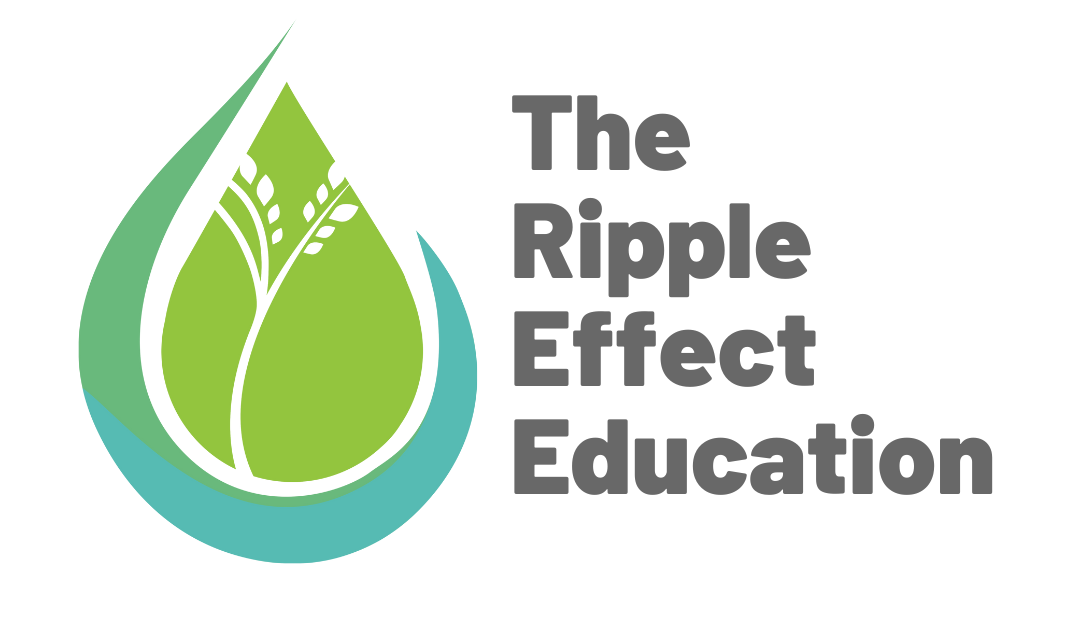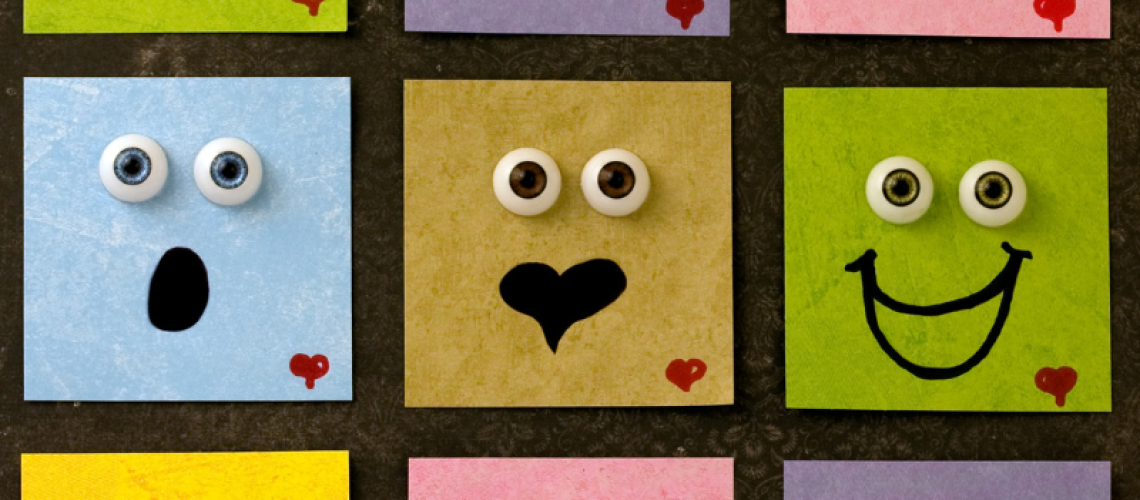Learning different ways to help children understand and deal with their emotions is very important. It is crucial to help children manage their emotions, as they are a regular aspect of the human experience, and learning to understand and regulate them is critical for their overall well-being. It sets the foundation for lifelong emotional well-being. Children who learn effective emotional regulation skills in childhood are more likely to continue to use these skills throughout their lives. Here are 3 different approaches to helping children with their emotions:
1. Emotional Regulation Techniques: Teaching children how to regulate their emotions is critical in assisting them with managing their emotions in a healthy manner. This method entails teaching children methods like deep breathing, meditation, positive self-talk, and mindfulness activities to help them identify, comprehend, and manage their emotions. Deep breathing includes taking slow, deep breaths while focusing on how the breath moves in and out of the body. This strategy has been found to help children cope with stress and anxiety. Mindfulness is another practice that involves paying nonjudgmental attention to the present moment. Studies have found mindfulness-based activities to improve emotional regulation and reduce anxiety and depression in children. These techniques can be particularly beneficial for children who are still developing their emotional regulation abilities. Research has shown that teaching children emotional regulation techniques can improve their emotional and behavioural functioning (Gross et al., 2012).
2. Play Therapy: This method allows children to express their emotions in a safe and comfortable setting. It lets the child express their feelings, thoughts, and behaviours through various forms of play, such as drawing, storytelling, or puppetry. Play therapy is especially beneficial for children who struggle to communicate their feelings verbally. Play therapy is based on the understanding that play is a natural way for children to communicate and make sense of their world. Through play, children can explore their emotions, work through difficult experiences, and develop coping strategies (Landreth, 2012). Research has shown that play therapy can effectively treat children with emotional and behavioural difficulties (Landreth, 2012).
3. Social-Emotional Learning (SEL): Social-Emotional Learning (SEL) is a method of teaching children how to understand and manage their own emotions, while recognizing, and empathizing, with the emotions of others. It includes teaching children a variety of abilities, such as self-awareness, self-management, social awareness, interpersonal skills, and decision-making responsibilities. Examples of activities that can be incorporated into SEL are emotions/feelings check-ins, role-playing scenarios, and gratitude journaling. SEL is frequently taught in schools as part of a planned curriculum and can be integrated into regular activities to assist children in developing emotional intelligence and effective social relationships. SEL has also been shown to reduce children’s stress and anxiety levels and improve their relationships with peers and teachers (Greenberg et al., 2003).
Children who understand and express their emotions in a healthy way are more likely to develop strong connections with peers and adults while having empathy and compassion for others. Overall, supporting children’s emotional development is crucial for encouraging positive development and well-being. We can help children create solid relationships, perform well in school, and succeed by teaching them how to appropriately understand and manage their emotions.
References –
Greenberg, M. T., Weissberg, R. P., O’Brien, M. U., Zins, J. E., Fredericks, L., Resnik, H., & Elias, M. J. (2003). Enhancing School-Based Prevention and Youth Development through Coordinated Social, Emotional, and Academic Learning. American Psychologist, 58(6-7), 466-474.
Gross, J. J., Thompson, R. A., & Oppenheimer, C. W. (2012). Emotion Regulation: Conceptual Foundations. In J. J. Gross (Ed.), Handbook of Emotion Regulation (pp. 3-24). The Guilford Press.
Landreth, G. L. (2012). Play Therapy: The Art of the Relationship (3rd ed.). Taylor & Francis.
 Aliyah Gojmerac is in her 4th year of the International Education Studies program at Wilfrid Laurier University. She is passionate about working with the youth and creating an inclusive pedagogical environment in the classroom. The International Education Studies program equips her with creating environments for cross-cultural learning and peaceful community relationships. You will see her crocheting, going out for walks, or gardening in her free time. Aliyah is excited to be working with TREE helping their initiative to bring tools needed to transform conflict, seek justice, and uphold positive peace in communities.
Aliyah Gojmerac is in her 4th year of the International Education Studies program at Wilfrid Laurier University. She is passionate about working with the youth and creating an inclusive pedagogical environment in the classroom. The International Education Studies program equips her with creating environments for cross-cultural learning and peaceful community relationships. You will see her crocheting, going out for walks, or gardening in her free time. Aliyah is excited to be working with TREE helping their initiative to bring tools needed to transform conflict, seek justice, and uphold positive peace in communities.


